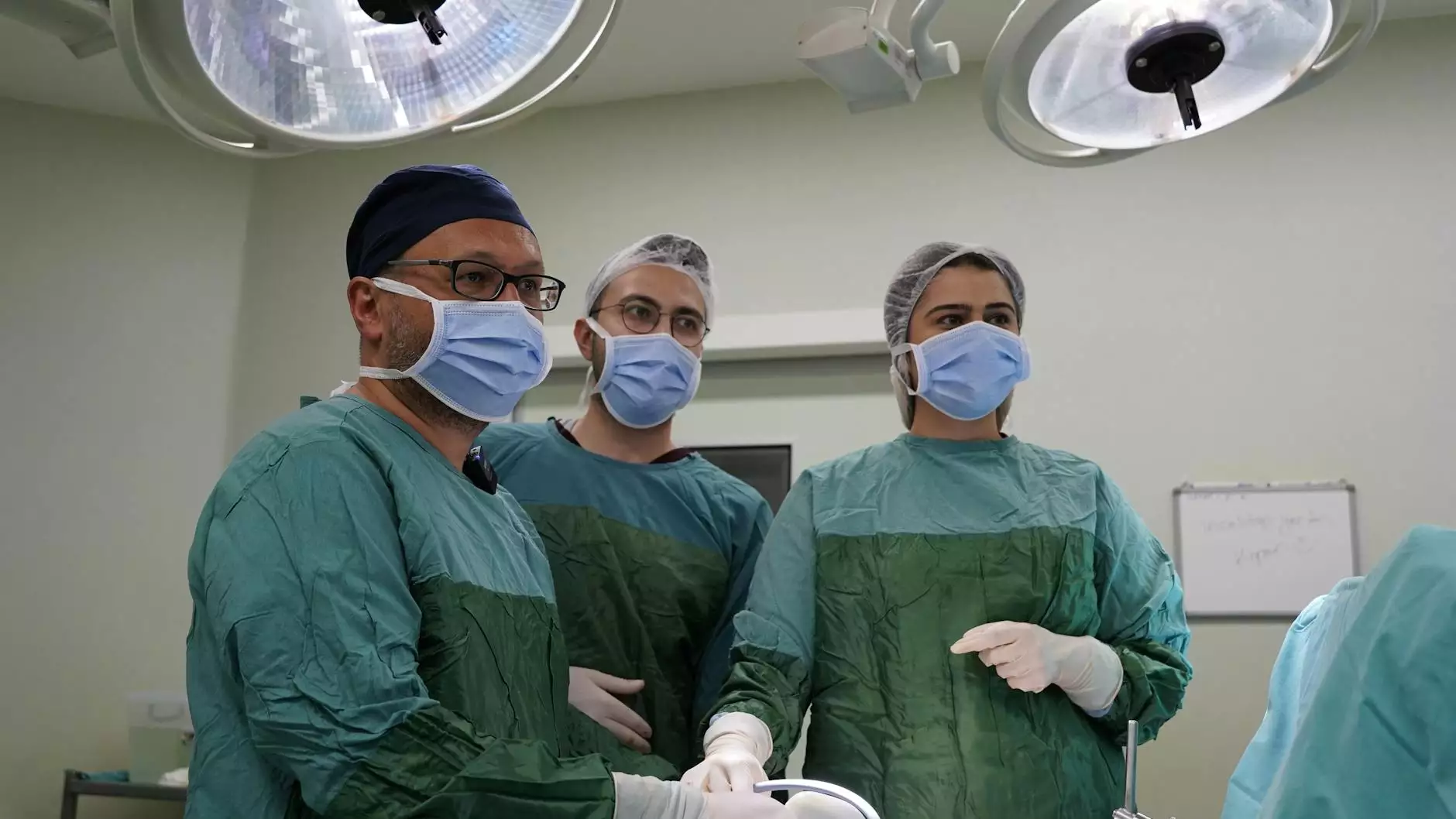Exploring the Transformative Power of Plastic Surgery

Understanding Plastic Surgery
Plastic surgery is a fascinating field of medicine that combines art and science to enhance the form and function of the body. It involves surgical and nonsurgical procedures designed to correct, reconstruct, and improve physical appearance. Whether motivated by medical necessity or personal desire, the impact of plastic surgery can be profound and life-changing.
Types of Plastic Surgery
Plastic surgery can be broadly categorized into two main types: reconstructive and cosmetic surgery.
Reconstructive Surgery
Reconstructive surgery aims to restore appearance and function after trauma, illness, or congenital anomalies. Common procedures include:
- Burn Reconstruction: Treatment for severe burns.
- Cleft Lip and Palate Repair: Correcting birth defects.
- Breast Reconstruction: Restoring the breast shape after mastectomy.
- Tumor Removal: Reconstructing features after tumor excision.
Cosmetic Surgery
Cosmetic surgery focuses on enhancing aesthetics and is often elective. Popular procedures include:
- Rhinoplasty: Reshaping the nose for improved appearance and function.
- Facelift: Reducing visible signs of aging.
- Breast Augmentation: Enhancing breast volume using implants.
- Liposuction: Removing excess fat to improve body contours.
- Tummy Tuck: Removing excess skin and fat from the abdominal area.
The Benefits of Plastic Surgery
While the primary appeal of plastic surgery often lies in its aesthetic benefits, individuals can experience various physical, emotional, and psychological advantages:
1. Enhanced Self-Confidence
One of the most significant outcomes of undergoing plastic surgery is an increase in self-esteem and confidence. Many patients report feeling more comfortable in their skin and are more likely to engage in social activities post-surgery.
2. Improved Physical Health
Certain plastic surgeries, such as breast reduction, can alleviate physical discomfort and improve overall health. Procedures like rhinoplasty may enhance breathing functionality, thereby benefiting respiratory health.
3. Reversal of Aging
Cosmetic procedures can effectively mitigate the signs of aging. Advanced techniques allow for subtle changes that lead to natural-looking results, rejuvenating one's appearance significantly.
4. Tailored Solutions
Plastic surgery is personalized to meet individual needs. Surgeons work closely with patients to develop a customized plan that aligns with their aesthetic goals, ensuring satisfaction with the results.
Choosing the Right Surgeon
The success of a plastic surgery procedure heavily depends on the skills and expertise of the surgeon. Here are some essential tips for selecting a qualified plastic surgeon:
1. Verify Credentials
Ensure that the surgeon is board-certified in plastic surgery. This certification indicates that they have undergone rigorous training and adhere to industry standards.
2. Review Past Results
Look at before-and-after photos of previous patients to gauge the surgeon's skills. This can help you understand what to expect from your procedure.
3. Schedule a Consultation
A consultation allows you to ask questions, discuss your goals, and assess the surgeon's communication style. It's an essential step in establishing trust and comfort.
The Process of Plastic Surgery
Understanding what to expect during the plastic surgery process can help mitigate anxiety:
1. Consultation and Evaluation
During the initial consultation, your surgeon will evaluate your health, discuss your goals, and determine the most suitable procedure and approach.
2. Pre-Operative Instructions
You'll receive specific instructions leading up to your surgery. This may include dietary guidelines, avoiding certain medications, and arranging transportation for the day of the procedure.
3. The Surgery Day
On the day of surgery, you will be prepared and brought into the operating room. Anesthesia will be administered, and the procedure will commence according to the agreed-upon plan.
4. Recovery
Post-operative recovery varies depending on the procedure. Your surgeon will provide guidance on how to care for yourself during the recovery phase to ensure optimal results.
Risks and Considerations
Like any surgical procedure, plastic surgery comes with risks. It's crucial to be aware of potential complications, which can include:
- Infection: Although rare, infections can occur post-surgery.
- Scarring: All surgeries leave scars; a skilled surgeon can minimize their appearance.
- Asymmetry: In some cases, results may not be symmetrical.
- Reaction to Anesthesia: Some patients may have adverse reactions to anesthesia.
Conclusion
Understanding the intricate details of plastic surgery is essential for anyone considering these life-changing procedures. Whether you wish to enhance your aesthetic appeal or restore function after an injury or surgery, the landscape of plastic surgery is broad and filled with opportunities for transformation. Remember, as you embark on this journey, knowledge and preparation are your best allies. For more information on plastic surgery procedures, don't forget to view plastic surgery options available at elclinics.com. With the right surgeon, you can achieve your desired results and enhance your quality of life.









